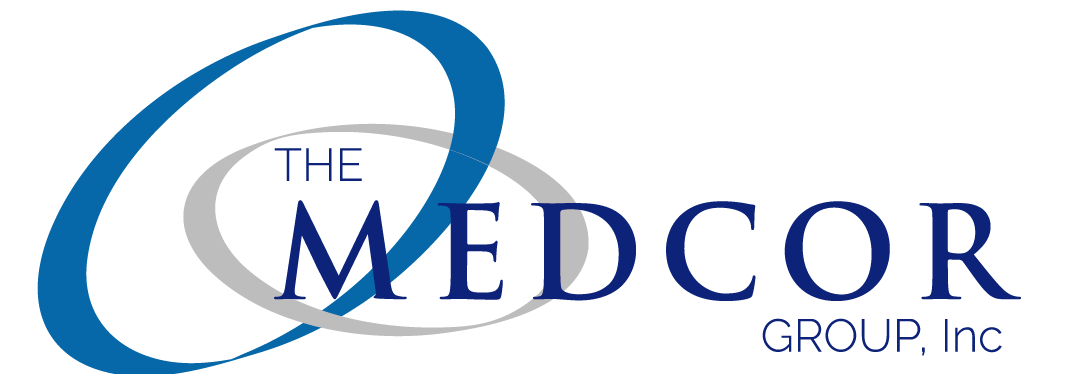The cash is seldom where you need, want, or think it should be. The days in AR are consistently high. It appears that denials are never fully resolved. These results indicate that your billing process is not efficient and effective. As the financial leader in your organization, you know that change is needed. There are, of course, several options. One option is a new RCM Director or Manager with a central billing office (CBO). Opting for a BPO or business process outsourcing is another. Another option might be a hybrid of the two. Changing the billing structure is not “a one size fits all” decision. Every FQHC has its unique identity and particular issues. Regardless of which option you and your organization choose, you need to ask the following four questions.
From a billing perspective, FQHCs are not more difficult than other billing. However, FQHCs’ billing is very different from the traditional world of medical billing. FQHCs serve a very different patient population than for-profit practices and facilities. A mission drives FHQCs. The spirit of that mission should be incorporated into every business decision the organization makes.
So, how can you be sure the director, manager, billing partner, or BPO is the right one for any FQHC or your FQHC, its singular identity, and its mission? Ask these four questions.
Where do you get billers?
The answer is not, “we advertise and get them from the local hospital.” The answer is not, “billers are billers.” We all know FQHCs are unique in their billing regulations. FQHC billers are not just hired. They are grown. They are developed. They are trained. The very good ones are coveted. So unless someone poaches them from nearby well-run FQHCs, they are not just advertising for new billers, hiring them, and setting them free in the FQHC RCM world.
Whether you are asking an RCM Director or manager candidate, a billing partner, or a full BPO partner, the answer has to be; I (We) hire people with a specific skill set for detailed work and a predisposition toward problem-solving. Then I (we) teach them FQHC billing. We train, and then we re-train. Regulations are constantly changing so the training must be a constant part of our business practice. Also, please don’t ignore the fact that those experienced billers entering the FQHC world must still maintain and utilize their knowledge of FFS billing.
What is the training process for patient services staff?
By patient services staff, I mean the staff members who will be in contact with the patient regarding their bill. FQHCs provide medical, dental, and behavioral health services to underserved populations. Some FQHCs are founded to serve a very specific patient population within that underserved population. How are the staff trained to be conscious of the patient’s situation while propelling forward the discussion of payment? Do they understand the Sliding Fee Scale and how to arrange contact between the patient and financial services staff? Does your staff know how to refer patients to a department, staff member, or agency that will help them apply for health insurance? Does your staff have the information and the authority to create payment plans that are reasonable to both the patient and the FQHC? If your organization has a specific ethnic group served, how is the patient services staff equipped to handle multiple languages?
What is the process for ensuring that only qualifying encounters are billed to Medicare and Medicaid?
Just because something gets paid doesn’t mean it should have been paid. Because FQHCs bill and are paid at an encounter rate, the visit details are often hidden behind a T1015, revenue code, or other all-inclusive code. What will be done to ensure that only visits that are truly qualified to be compensated at the encounter rate are billed? How is the PM system used to manage the claim configuration and qualification? Regulations are constantly changing. How are staff members offered educational time and resources to stay on top of the rules and regulations to keep the FQHC safe? What additional oversight is warranted to safeguard the integrity of the billing?
What is the process for ensuring wrap claims are billed and collected for Medicare and Medicaid?
If the term “wrap claims” produces a protracted silence or a deer-in-the-headlights look from your Director/Manager candidate or BPO, it may not be the best fit for an FQHC billing department. Wrap claims exist for virtually all Medicare Part C claims. Wrap claims or a wrap process exist for virtually all state Medicaid MCO claims. There are fewer and fewer states with exceptions to the wrap process. Whether you bill the wrap on a claim by claim basis, quarterly via reports, or quarterly with annual reconciliation, it is a process that requires a mechanism with structure and clear procedures.
Ask these questions and more. Ask for FQHC-specific references. The change you are looking for has to be positive. Make sure that the change will make the difference you need. The mission of your FQHC is commendable. Do everything you can to ensure that your billing department or partner produces the revenue you need to further that mission.

